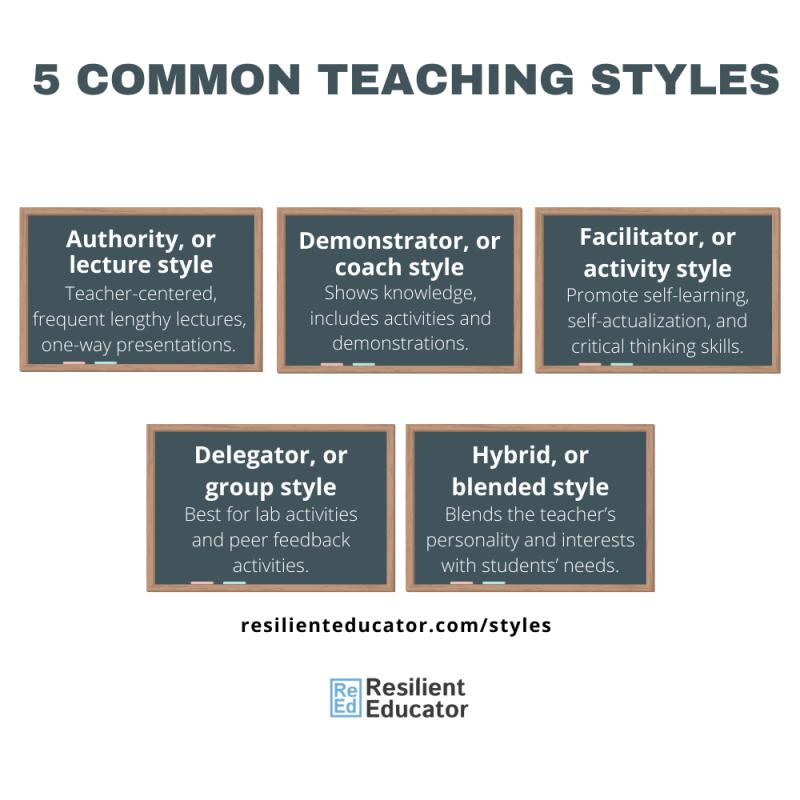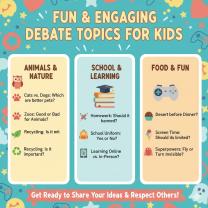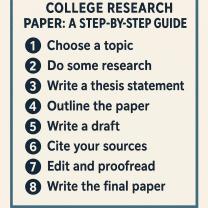What is the best way to teach English to an adult?
Teaching English to adults requires a thoughtful and flexible approach that takes into account the diverse needs, goals, and learning styles of adult learners. Here are some effective strategies for teaching English to adults:
Assessment of Individual Needs:
- Begin by assessing the individual needs and goals of each adult learner. Understand their motivations for learning English, whether it's for work, travel, social reasons, or academic pursuits.
Create a Positive Learning Environment:
- Foster a positive and supportive atmosphere in the classroom. Adults often have busy lives, and creating an environment where they feel comfortable and motivated to learn is crucial.
Set Realistic and Achievable Goals:
- Work with each learner to set realistic and achievable short-term and long-term goals. This helps to keep them motivated and focused on their progress.
Customize Lessons:
- Tailor lessons to address the specific needs and interests of adult learners. This personalization enhances engagement and relevance.
Practical and Real-Life Context:
- Connect language learning to real-life situations and practical scenarios. Adults often appreciate lessons that directly relate to their daily lives, such as workplace communication or travel situations.
Incorporate Multimedia Resources:
- Utilize a variety of multimedia resources, such as videos, podcasts, and online articles, to expose adult learners to different accents, vocabulary, and cultural contexts.
Interactive Activities:
- Include interactive activities that promote speaking, listening, reading, and writing skills. Group discussions, role-playing, and language games can make learning more engaging.
Encourage Critical Thinking:
- Foster critical thinking skills by incorporating activities that require analysis, interpretation, and problem-solving. This helps adults develop a deeper understanding of the language.
Use Technology Wisely:
- Integrate technology into lessons, leveraging online platforms, language-learning apps, and interactive websites. This caters to the digital literacy skills of many adults and provides additional resources for practice.
Regular Feedback:
- Provide constructive and regular feedback on language skills, highlighting both strengths and areas for improvement. This helps adults track their progress and stay motivated.
Cultural Sensitivity:
- Address cultural nuances and differences in language use. Understanding cultural contexts can enhance communication skills and promote cultural sensitivity.
Flexible Scheduling:
- Recognize that adults often have busy schedules. Consider offering flexible scheduling options, including evening or weekend classes, and explore online learning opportunities.
Encourage Self-Directed Learning:
- Empower adults to take control of their learning by providing resources for self-study, recommending books, apps, and websites for additional practice.
Promote Peer Interaction:
- Encourage peer interaction through group activities, discussions, and collaborative projects. Learning from and with others can enhance language acquisition.
Celebrate Achievements:
- Celebrate small and large achievements. Recognizing progress and success boosts motivation and reinforces the value of language learning.
Remember, adapting your teaching approach based on the specific needs and preferences of your adult learners is key to creating an effective and enjoyable English learning experience.
Assessing the learner's needs and goals: Identifying their level of English proficiency and objectives
Before you can effectively teach someone English, it is important to assess their needs and goals. This includes identifying their current level of English proficiency and what they hope to achieve by learning the language.
Here are some ways to assess a learner's needs and goals:
- Ask them questions about their English language skills and experience.
- Administer a placement test to determine their proficiency level.
- Discuss their goals for learning English.
Once you have a good understanding of the learner's needs and goals, you can tailor your teaching methods accordingly.
Tailoring teaching methods to the learner's learning style: Incorporating visual, auditory, or kinesthetic approaches
People learn in different ways. Some people are visual learners, who learn best by seeing things. Others are auditory learners, who learn best by hearing things. And still others are kinesthetic learners, who learn best by doing things.
Here are some tips for tailoring your teaching methods to the learner's learning style:
- Visual learners: Use visuals such as pictures, diagrams, and charts.
- Auditory learners: Use audio such as songs, podcasts, and audiobooks.
- Kinesthetic learners: Use activities that involve movement such as role-playing, games, and crafts.
Utilizing engaging and interactive teaching activities: Combining real-world scenarios, role-playing, and games
Engaging and interactive teaching activities can help to keep learners motivated and make learning more fun.
Here are some examples of engaging and interactive teaching activities:
- Real-world scenarios: Use real-world scenarios to teach English vocabulary and grammar. For example, you could role-play ordering food at a restaurant or asking for directions.
- Role-playing: Role-playing can help learners to practice speaking English in a natural and engaging way.
- Games: Games can be a fun and effective way to teach English. There are many different types of English learning games available, such as vocabulary games, grammar games, and conversation games.
By incorporating these strategies, you can create a more personalized and effective learning experience for your English learners.













